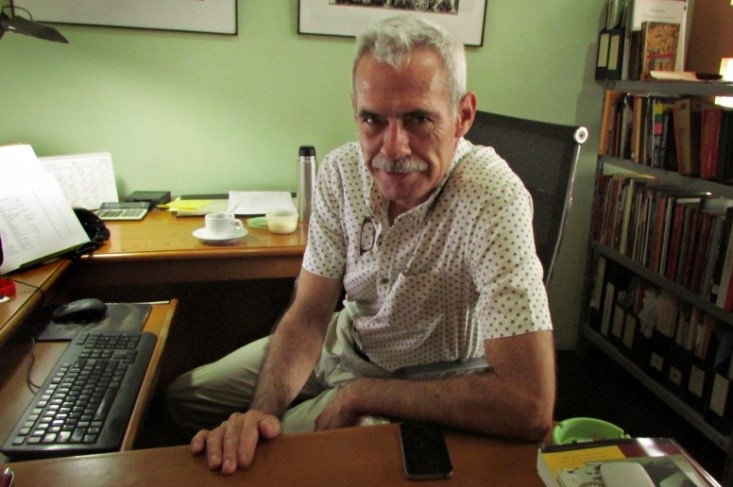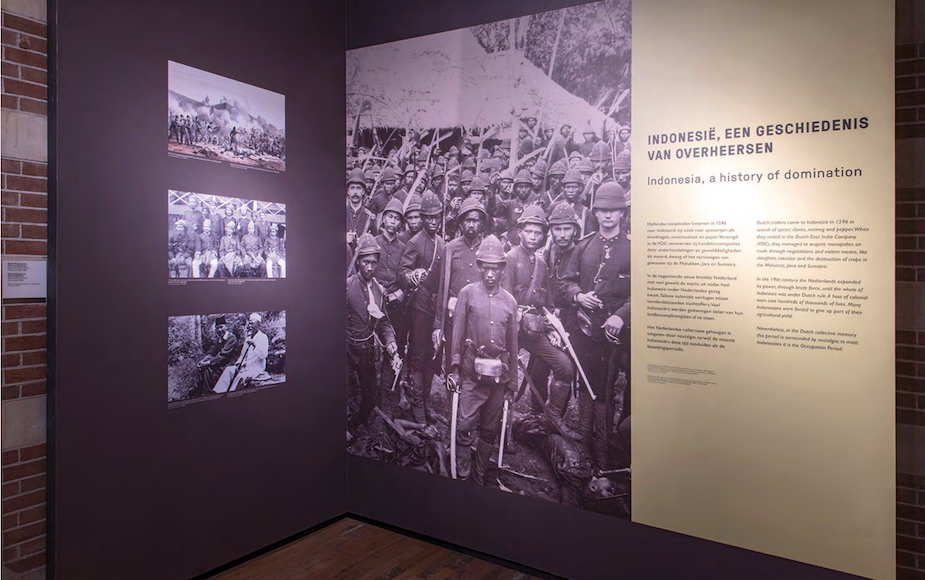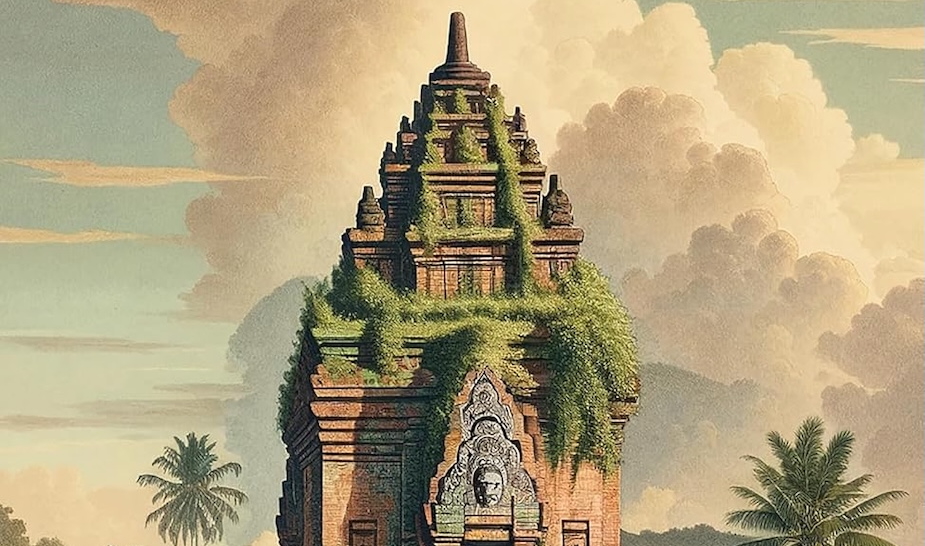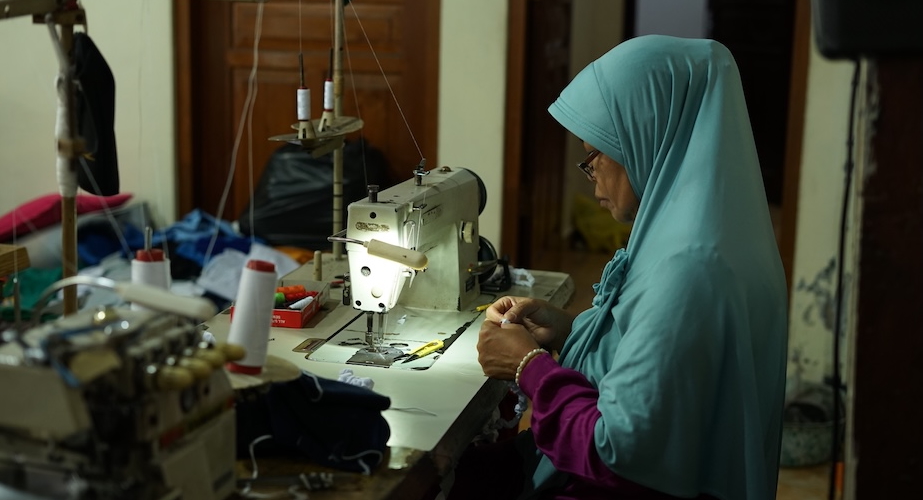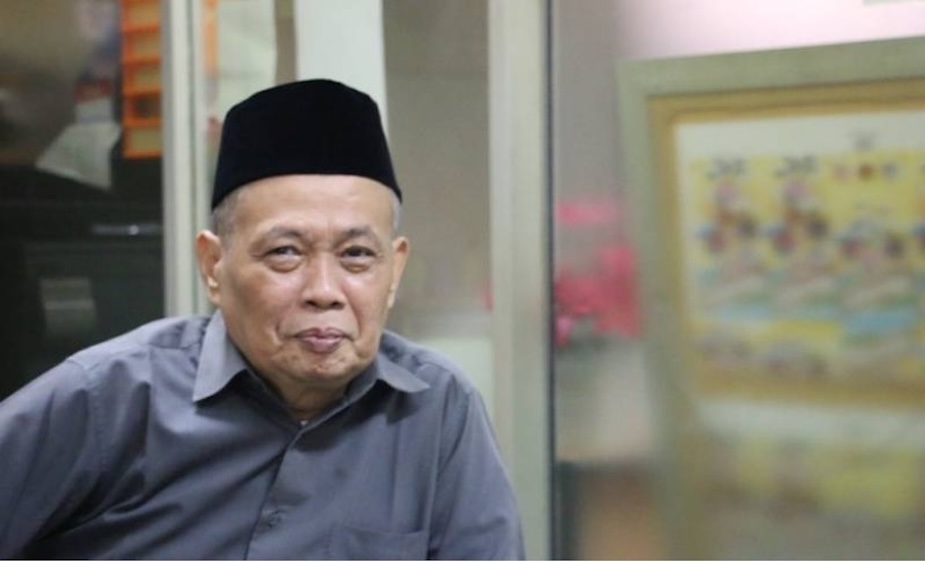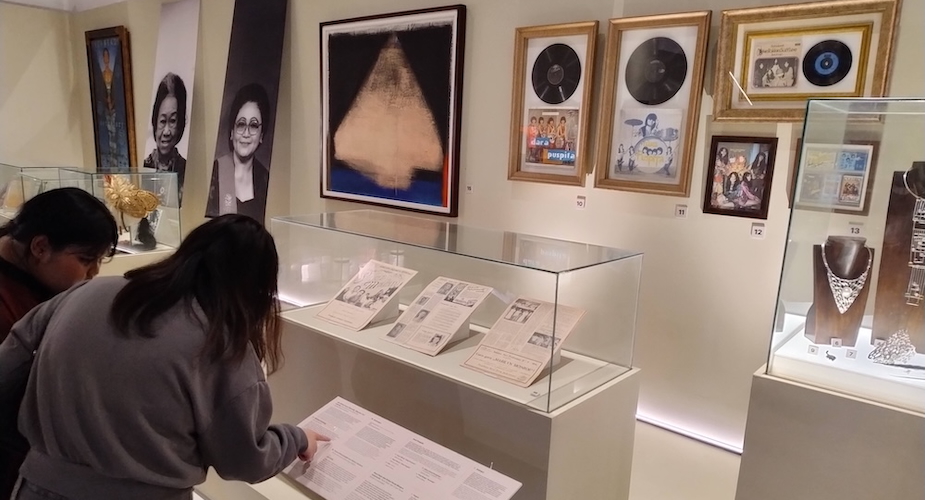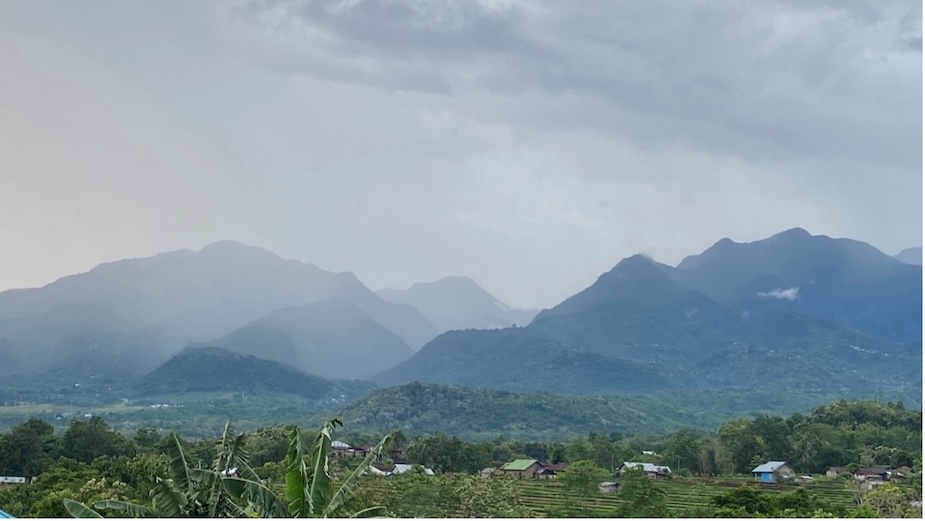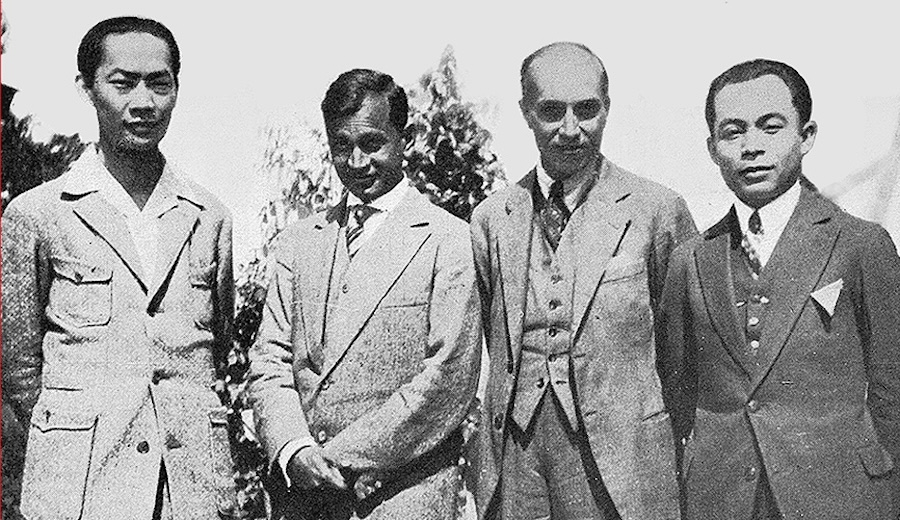Lontar Publishing’s John McGlynn speaks with Petia Dimitrova about the upcoming Frankfurt Book Fair 2015 at which Indonesia is the Guest of Honour nation and about the challenges of publishing Indonesian literature in translation
Petia Dimitrova
John H. McGlynn, an American citizen who has spent 38 years of his life in Indonesia, knows more about the fields of Indonesian literature and publishing than most Indonesians. He first came to Indonesia in 1976 to learn the art of shadow puppetry, but after becoming fluent in Indonesian, decided to pursue a different career path, first as a translator and then as a publisher of Indonesian literature in translation. Holding an advanced degree in Indonesian language and literature from the University of Michigan, John is a co-founder and current chairman of the Lontar Foundation, the only organisation in the world whose primary focus is the promotion of Indonesia through literary translations. We met at his office in Jakarta to talk about Indonesia’s preparations for being Guest of Honour at the 2015 Frankfurt Book Fair.
Q: How was Indonesia chosen to be a Guest of Honour at the Frankfurt Book Fair?
A: The process was a long one. More than a decade ago the Indonesian Publishers Association (IKAPI) discussed the idea of proposing the countries of ASEAN as Guest of Honour (GoH) but this idea came to nought. (The GoH is sometimes not just one country; in 2016, for instance, the GoH will be the Netherlands and Flanders, the Dutch-speaking region of Belgium.) A number of years later, IKAPI proposed the “Malay World” – Indonesia, Singapore, Malaysia and other areas where Malay is spoken – but the Frankfurt Book Fair (FBF) declined. Finally, in 2011, Claudia Kaiser, Vice President of the Fair made a visit to Indonesia. She met with people from IKAPI and, because of my work in the field of Indonesian literature, contacted me as well. Thereafter, having decided for various reasons that Indonesia would be good choice as GoH, she asked IKAPI to submit a formal proposal in Indonesia’s name alone.
Following this step, Juergen Boos, president of FBF, made a visit to Indonesia. IKAPI, as the point contact, arranged several meetings at prominent publishing houses but Lontar arranged another event, this one specifically for authors, at the Salihara Cultural Centre, which was founded by Goenawan Mohamad, one of the country’s most influential writers (and, coincidentally, one of Lontar’s founders as well). About 25 Indonesian writers attended and, after interacting with these authors, Mr Boos became convinced that Indonesia had no shortage of talented authors. ‘Indonesia is a good choice as Guest of Honour,’ he confirmed. Goenawan, who had been somewhat skeptical of the idea before this time, also changed his mind when coming to realise the potential that a successful Indonesian program at FBF would have for enhancing international recognition of Indonesian literature.
Q: What organisation is handling preparations for FBF-2105?
A: Usually, in the GoH program, FBF works with the national publishers association of the country which, in the case of Indonesia, would be IKAPI. Unfortunately, IKAPI is a vastly underfunded institution and did not have the capacity to organise preparations on its own. For that reason, Indonesia’s Ministry of Education and Culture (‘the Ministry’) was enjoined as the official Indonesian party with IKAPI personnel and people from other related organisations serving on the national organising committee.
Q: Has the process been a smooth one? What has been achieved?
A: Preparation for FBF-2015 has very much been a ‘learning process’ for almost all Indonesian parties concerned. Never before has Indonesia been involved in such a large-scale publishing-related event and, at the outset, too little authority was given by the Ministry to professionals in the book publishing industry. As a result, much valuable time was lost.
As both a translator and a publisher, I am extremely pleased that the Ministry established a translation funding program – called I-LIT, which is short for Indonesian Literature in Translation – but this program was only announced in March 2014, 18 months before Indonesia’s ‘coming out’ party at Frankfurt. The program should have been started as soon as possible after the signing of the memorandum of understanding (MOU) between FBF and the Ministry. Unfortunately, there seems to be a commonly held assumption that translation, even literary translation, is easy, that anyone who can speak two languages can also translate.
The Ministry set for itself a target of having 200 titles translated into German before October 2015, but with the limited time available and the dearth of professional Indonesian-to-German translators this is unlikely to be achieved. Even the number of Indonesian-to-English translators is small. Over the years, I have worked with more than 200 translators and I can truthfully say that I rely on less than a dozen to produce literary-quality translations.
Because of this situation, the initial target is likely to be revised downward. But, in my opinion, that is not a bad thing. I believe it is far better to produce, for example, 50 well-translated books of high literary quality than 200 badly translated titles that no-one will ever read. The whole point of the GoH program is to attract favorable international attention to the Guest of Honour’s literature. Poor quality translations would nix this goal. Also, to make a true impact abroad, it is essential to engage the participation of foreign publishers, but this is something that cannot be easily done, not with the current lack of knowledge about Indonesia abroad.
Q: Can you be more specific about how many Indonesian literary titles will be translated before October 2015?
A: This is just a guess but I think that if we are lucky, 75 or, possibly, 100 books might be translated into German before that time, although a far larger number have been translated into English. Lontar alone will have translated and published more than 50 new titles before that time, and Gramedia, Indonesia’s largest publisher, has an even larger target.
The good thing about the GoH program – and this is what the Ministry must constantly keep in mind – is that it should be seen as the start of a long-term process and not the end of a short-term project. If Indonesia’s translation funding program continues in the years and decades that follow October 2015, I will see FBF-2015 as an immense success, regardless of how many actual titles were translated before that time.
‘Globalisation’ is supposed to be a two-way street but such is not the case with Indonesia and the West. Indonesian authors have something to say to the world and it is time for the world to take notice.
Q: On the subject of authors, which authors are likely to be in the spotlight in 2015?
A: While Indonesia has a large number of very talented writers with literary work worthy of translation, it’s likely that the spotlight in 2015 will shine on authors whose literary work 1) has already been published in German and English; 2) has recently been professionally translated into English, German, or another foreign language; and 3) has been or is to be published by reputable foreign publishers who have the wherewithal to promote their authors. Several Indonesian publishers, Lontar included, have the ability to produce translations of high literary quality, but none have an on-the-ground promotional mechanism in Europe, North America, or elsewhere, to adequately promote their authors’ works. With this caveat in mind, I think that it will be authors with work recently published in English and/or German who will receive the most attention. This is just a guess but my short list would include:
- Leila S. Chudori, whose novel Pulang (Home) will soon be published in English, German (by Weidle Verlag), Dutch, French, and, possibly, Italian;
- Eka Kurniawan, who has two novels soon to be released in Great Britain and the United States;
- Laksmi Pamuntjak, whose novel Amba (published in English with the title The Question of Red) will soon be published in German;
- Ayu Utami, another talented author, whose work has been translated into German and English; and
- Goenawan Mohamad, a poet and essayist, whose work has gained much international attention.
This is just a short list. There will be others, I’m sure, and I am hoping that one of Lontar’s most recent ventures, the publication of a series of mini-books with literary work by 25 emerging authors will excite the interest of foreign critics and publishers. This series, titled BTW Books (‘By the Way’) will be published in Indonesian, English, and, possibly, German.
Q: What about children’s books? Will there be Indonesian books for children in translation at the Fair?
A: That field is not my specialty and I’m not in a position to comment except to say that Indonesia has a large and highly creative children’s book industry. There is no shortage of either talented authors or illustrators in this country. The difficult thing about children’s books is their relatively high cost of production. That’s what makes them a ‘hard sell’. For children’s books, especially, it is essential to have foreign publishing rights in place. Tastes vary wildly from one country to another so it’s a question of matching the right book with the right foreign publisher.
Q: Finally, outside of book-related ventures, what other kinds of initiatives are being planned for the Fair?
A: Indonesia’s motto for FBF-2015 is ‘17,000 Islands of Imagination’. This motto not only highlights the fact that Indonesia is an archipelagic nation, but also that it is home to a huge number of distinct cultures and fascinating creative communities, many with their own language and unique cultural traditions. That said, while Indonesia will try to shine the light on as many of these unique cultures as possible, it will give greater focus to the country’s vibrant contemporary art forms: graphic and architectural design, painting, film, dance, and so on.
It was not without good reason that I fell in love with Indonesia all those years ago. The country offers an unending menu of pleasures for the mind.
Petia Dimitrova (pvdimitrova@gmail.com) is an editor at the Bulgarian publishing house BGkniga Plc and is studying at Sofia University 'St. Kliment Ohridski', where she is in her fourth year of studying book publishing. Petia visited Indonesia as part of the journalistic training program Beyond Your World.

